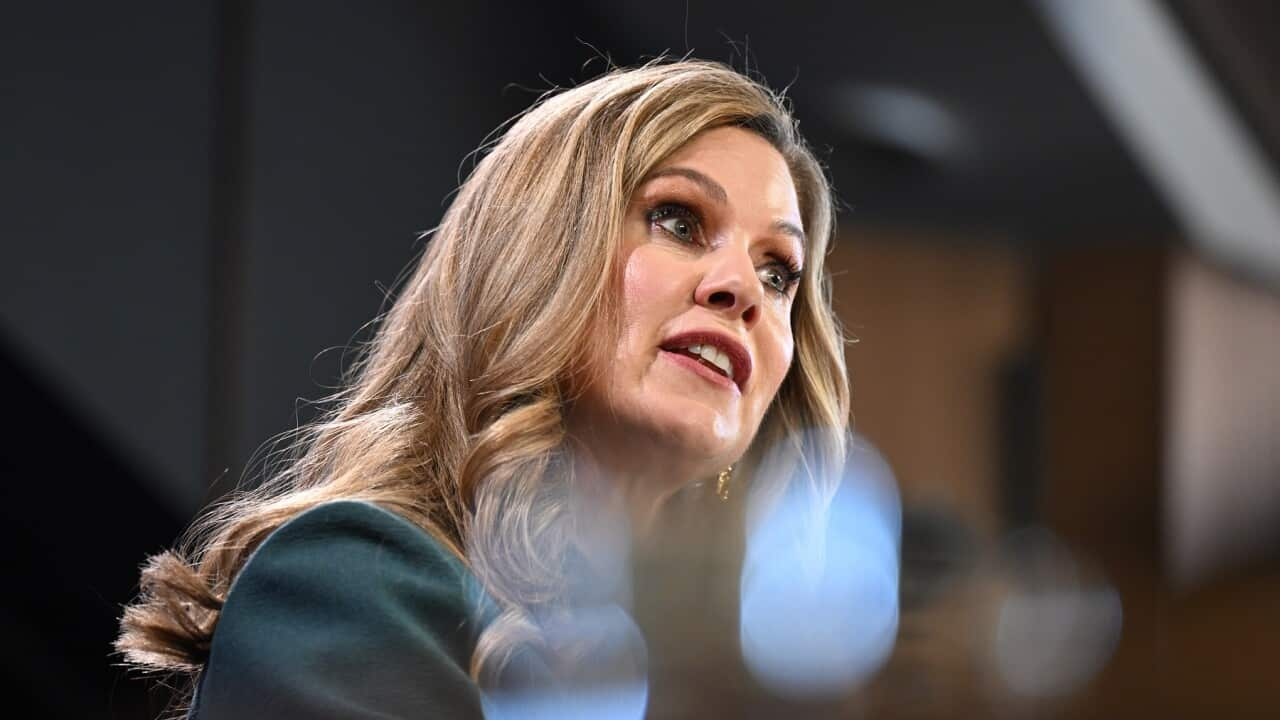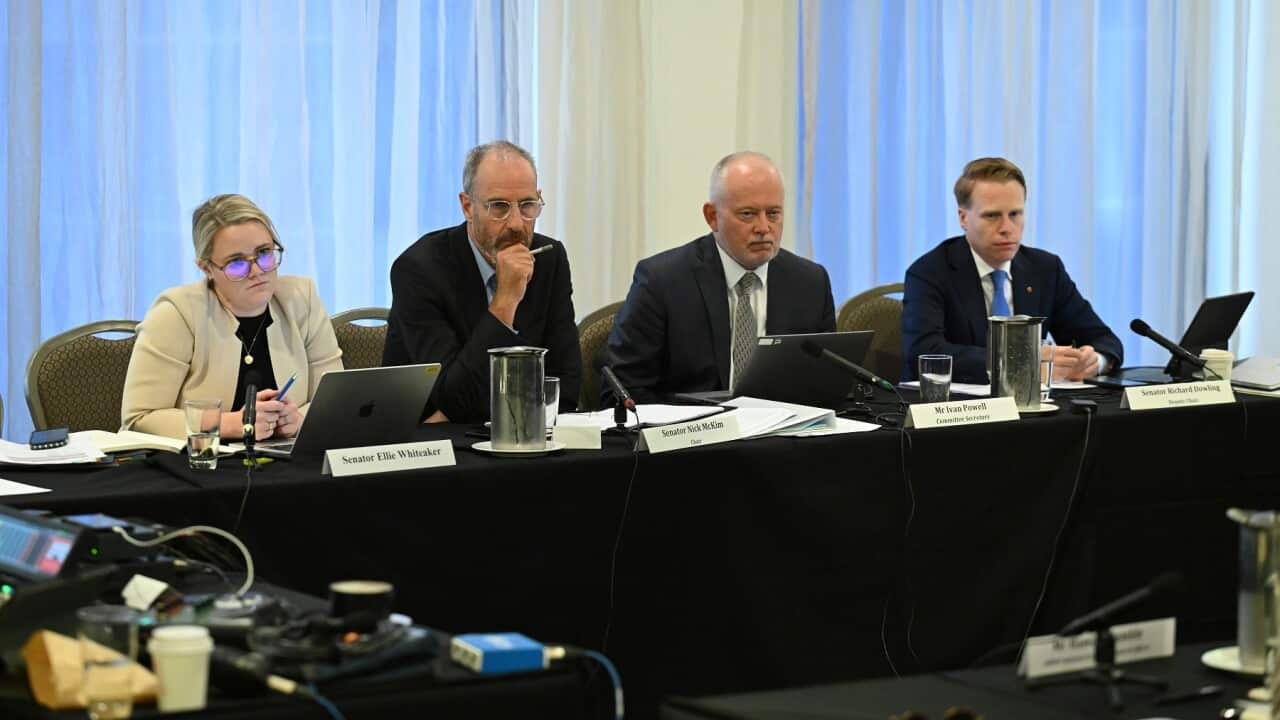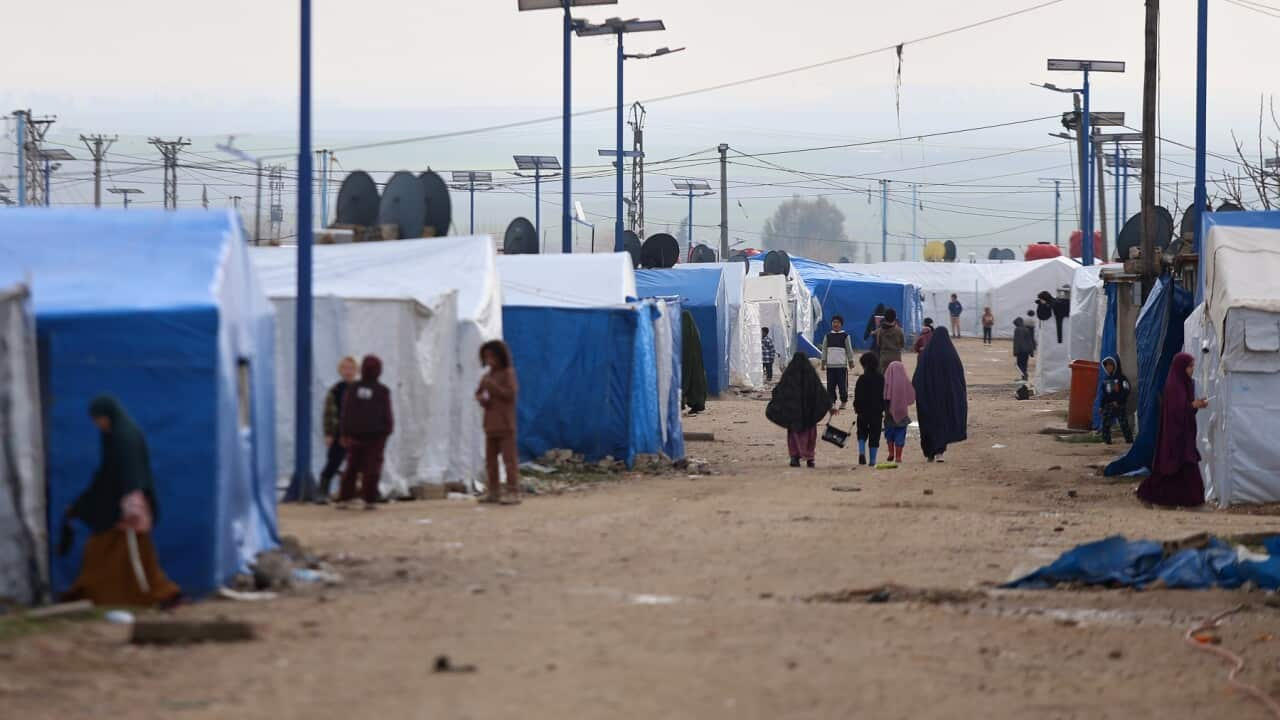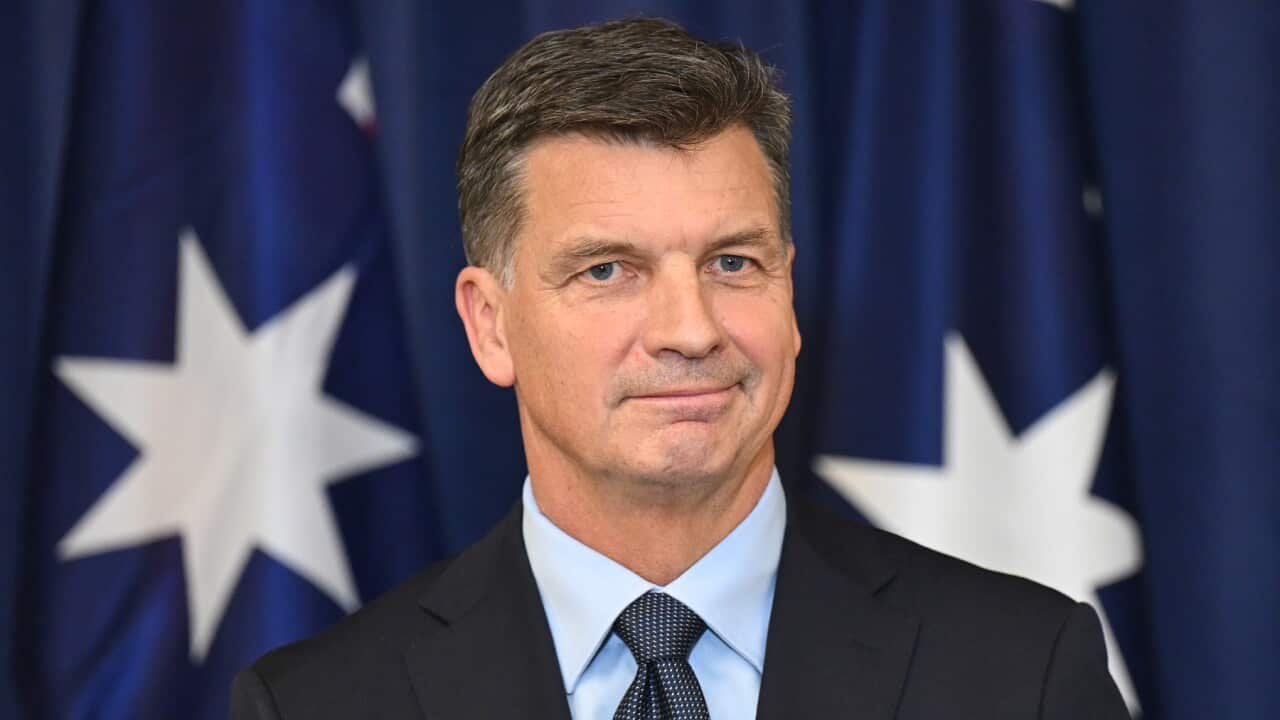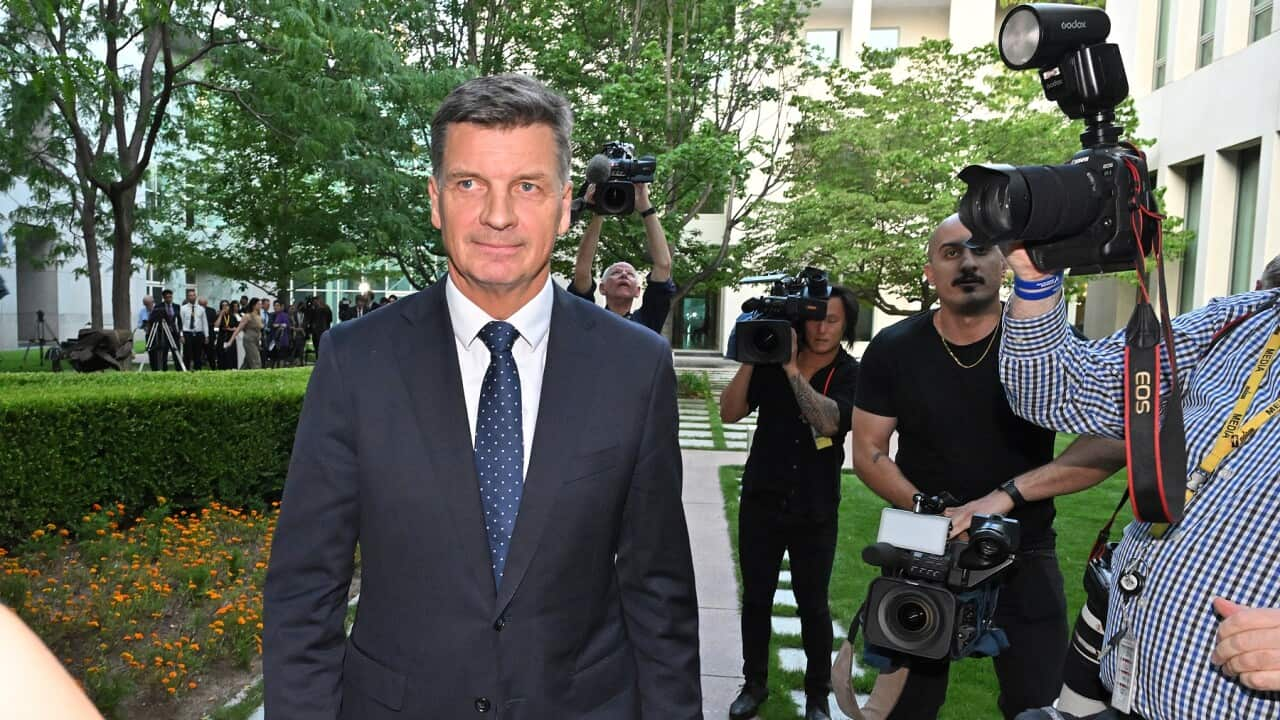Listen to Australian and world news, and follow trending topics with SBS News Podcasts.
TRANSCRIPT:
It's the news that drew global attention.
The government's world-first social media ban for under 16s – with the stated aim of reducing online harms.
Communications Minister Anika Wells has now announced the regulatory guidelines.
"We will always keep backing Australian families and keeping Australian kids safe. We cannot control the ocean, but we can police the sharks and today we're making clear to the rest of the world how we intend to do this."
That view is not so popular with Greens Senator for Arts and Communication, Sarah Hanson-Young.
"What a mess. What an absolute debacle this social media ban is going to be on December 10 ... Rather than policing the sharks the government is just hoping the kids just don't jump into the water. What we know is these social media companies will continue to have harmful content on their platforms, will continue to target young people with their advertising."
Late last year, Australia passed legislation tasking social media companies with keeping teens under the age of 16 off their platforms.
Today's 55-page regulatory guidelines outline some of the specifics, place the onus on social media platforms to deactivate or remove existing underage accounts with clear care and communication, and prevent underage users from re-registering.
The eSafety Commissioner, Julie Inman Grant, says those who breach the rules could face fines of up to $50 million.
"There may be a few who completely decide to do nothing, just to test out resolve and if that is what they plan to do, we will meet them with force. I think the Minister said the other week that she had sharp elbows, so it's good to know the government is behind us on this."
Arguably most notable, however, is what it's not asking.
Minister Wells says platforms won't be required to age-verify every user, or retain personal data from age checks.
"We want these rules and the delivery of these laws to be as data-minimising as possible to make sure that people's data is as private as possible. I would say the reason we are not asking everybody to verify their age is because these social media platforms know an awful lot about us of our own volition and if you have been on for example Facebook since 2009, then they know you are over 16, there is no need to verify."
Professor Lisa Given, interdisciplinary researcher in human information behaviour at RMIT, says it's not foolproof.
"I don't think that parents want to use this as any kind of a security blanket. At the end of the day, kids will still encounter potentially harmful content online. That may not be on a social media platform, it may be on a web browser, but it could also be because they do fool the system and kids could still set up accounts, or access things through other adults' accounts. So I think parents are always going to have to be really vigilant."
The eSafety commissioner is to meet a range of social media companies in Silicon Valley next week including Apple, Discord, Open AI, Google and Meta to discuss the ban.
The Communications Minister, meanwhile, is travelling to New York alongside the Prime Minister for a meeting of the UN General Assembly ... but also to discuss the how and the why of the legislation.
